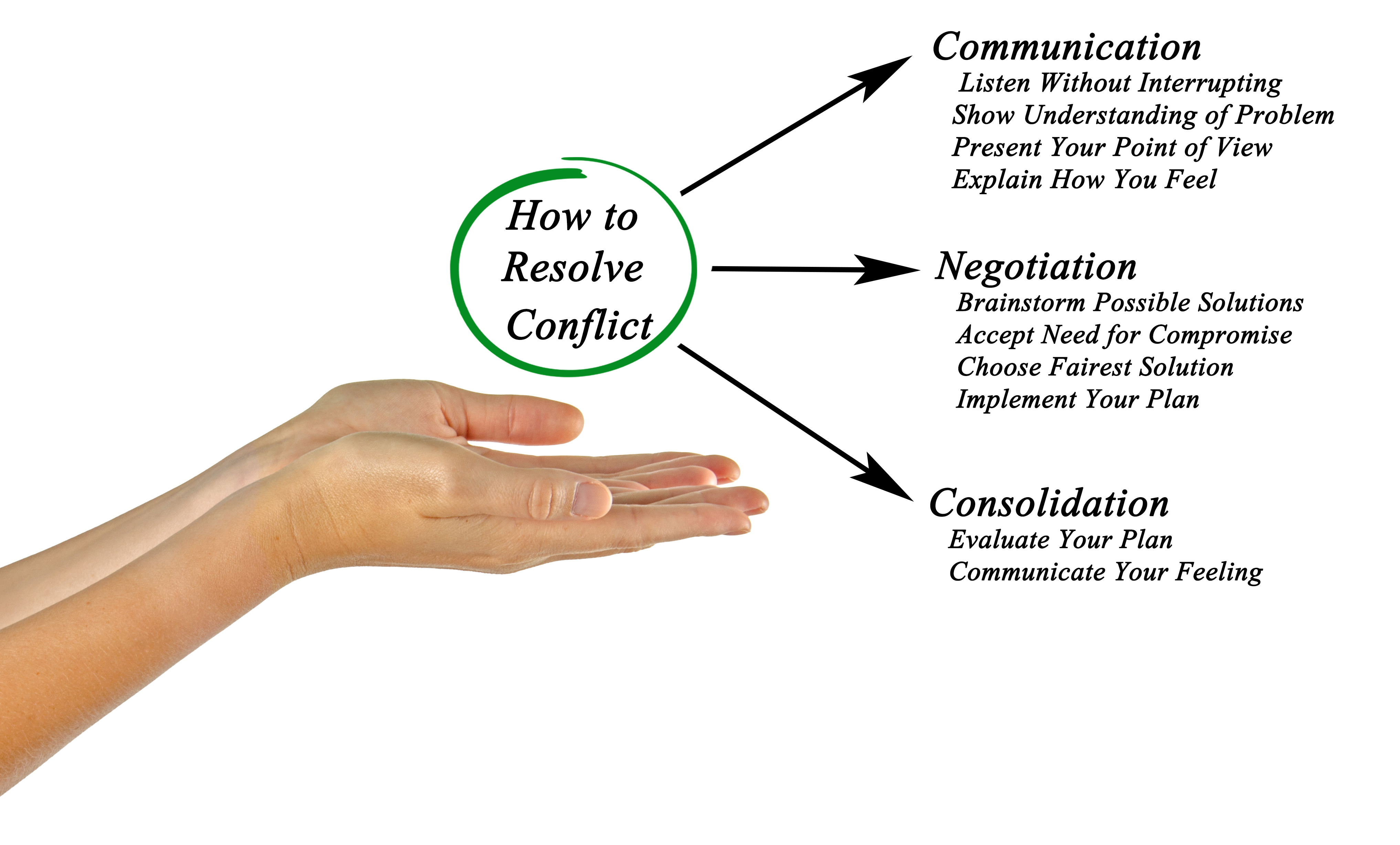
Family Mediation

Family mediation is a voluntary and consensual process in which the mediator, a neutral third party, helps people resolve issues that arise in family court proceedings including dissolution of marriage (divorce), post-judgment modification, paternity, time-sharing, child support, alimony, and division of property. The mediator does this by encouraging and facilitating discussions between the parties in an informal and non-adversarial environment with the objective of helping the parties to reach a mutually acceptable and voluntary agreement. The family mediator facilitates constructive communication, encourages understanding, and focuses the participants on both their individual and common interests. The family mediator works with the participants to explore options so that they are ultimately able to reach their own agreement. In mediation, decision-making authority rests solely with the parties. Although the mediator may assist the parties in identifying issues, fostering joint problem-solving, and exploring settlement alternatives, the mediator does not act as either an attorney or judge. The goal is for the parties to exercise their own rights of self-determination to reach a mutually acceptable resolution rather than leaving these important decisions regarding their family to a judge.
As ongoing unresolved conflict within the family can feel overwhelming and at times even unmanageable, family mediation can be a positive step toward a more peaceful future. Although it should not be deemed a substitute for legal consultation and/or therapeutic counseling, family cases are especially well-suited for mediation given the sensitivity of the issues at hand. While topics may be particularly personal and emotions may become heightened, mediation can provide individuals with the opportunity to be heard and to listen to the perspective of the other party. This often leads to families working out their differences in productive and collaborative ways that minimize disruption to their lives and, where there are children, to their children’s lives.
As a Florida Supreme Court Certified Family Mediator with two doctoral degrees in psychology and with over 30 years of clinical experience, Dr. Saketkoo is uniquely qualified to help you navigate the complexities, family dynamics, and emotions that often intensify during the stress of family law litigation. Additionally, Dr. Saketkoo has received advanced specialized training in Collaborative Law, also known as Collaborative Divorce, and has become one of less than ten Accredited Collaborative Practice Neutral Facilitators in Florida, rendering her distinctly skilled to assist you in exercising your own rights of self-determination and in generating creative problem-solving so that you are able to reach a mutually acceptable resolution rather than leaving these important decisions regarding your family to a judge.
Is family mediation confidential?
The simple answer is Yes. What is said in mediation stays in mediation. However, there are limited exceptions. Some of these exceptions include when there might be threats of violence, certain criminal conduct, and other mandatory reporting obligations that include abuse and/or neglect.
During the mediation process, the mediator may also meet with the parties separately. This process, known as a separate session or caucus allows the mediator to discuss aspects of your case which a party may not feel comfortable discussing in the presence of the other party. These sessions are also confidential and the information disclosed to the mediator will not be disclosed to the other party unless given explicit permission to do so. The only exception is where disclosure is required or permitted by law as previously described.
Is family mediation expensive?
Mediation is a cost-effective alternative to litigation and can eliminate the additional costs often associated with common delays in the litigation process. As a family mediator, Dr. Saketkoo is paid on an hourly basis which is generally divided equally between the parties.
Where does family mediation take place?
Family mediation can be conducted at Dr. Saketkoo’s office or at any mutually convenient location.
How should I prepare before meeting with a family mediator?
- Try to maintain a realistic view of the issues in dispute.
- Be prepared to be respectful, polite, and honest during mediation.
- Write down your needs and objectives so that you can communicate what is most important to you clearly.
- Spend time thinking about the other person’s needs. What might be some of the most important things for the other person?
- Be prepared to listen, evaluate, negotiate, and compromise. Consider creative solutions to prevent frustration and ongoing disagreement.
- Be prepared to back up any position with clear and objective explanations and reasoning.
- Be prepared to constructively explain your reason for disagreeing with proposals made by the other side.
- Keep in mind that the agreement needs to be fair for both sides and that you may need to agree to giving up something.
- Be prepared to explore and evaluate different settlement scenarios.
- Find ways to assist the other party in being flexible on critical issues.
- Be prepared and willing to generate options for a positive solution.

- Be prepared to bring the following documents to your meeting:
o Court orders and/or dates
o Written agreements including Parenting Plans and Timesharing Agreements
o Financial affidavits
o Income statements
o Personal tax assessments
o Investment statements
o Debt and banking information
o Property assessments
- Be sure to make childcare arrangements for your children if needed. As every effort should be made to insulate children from involvement in parents’ disputes, please do not bring them with you to the meeting.



